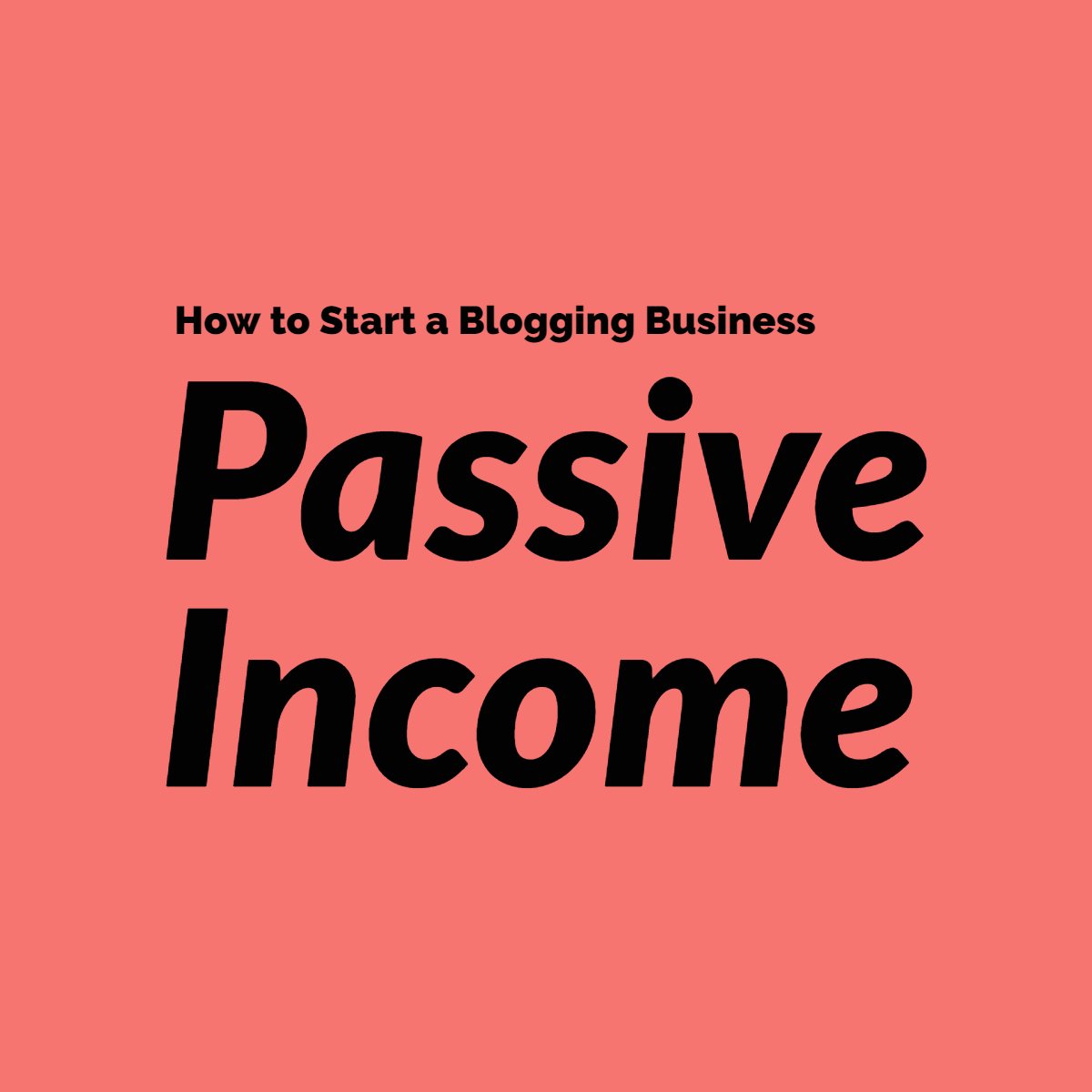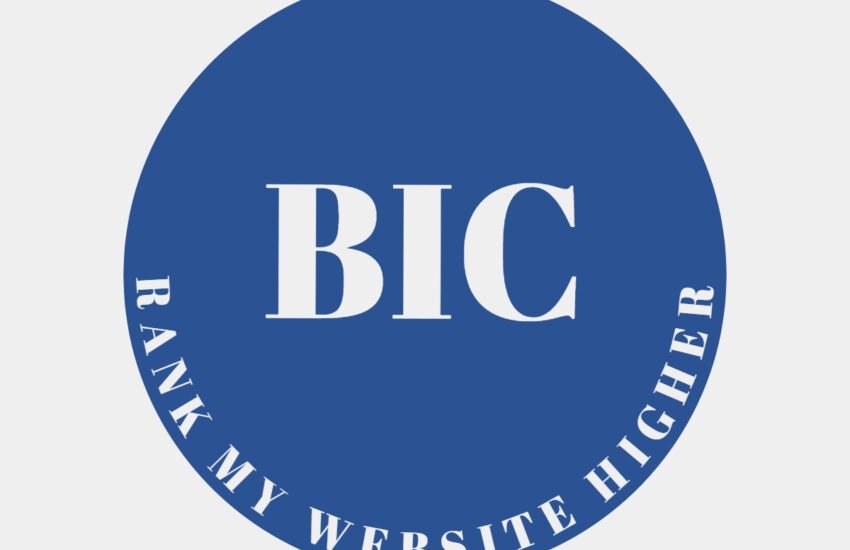Best Link Building Strategies That Don’t Require Content
Link building is an essential aspect of search engine optimization (SEO) and plays a crucial role in improving a website’s visibility and ranking on search engine result pages (SERPs).
While creating high-quality content is often considered the go-to strategy for link building, there are other effective methods that don’t require content creation.
- Link Building Strategies
- Conclusion
- Frequently Asked Questions
- 1. What is link building, and why is it important for SEO?
- 2. What are some link building strategies that don’t involve creating new content?
- 3. How does broken link building work, and what are the steps involved?
- 4. What are unlinked mentions, and how can bloggers leverage them for link building?
- 5. Are directory submissions still an effective link building strategy, and how should bloggers approach them?
- 6. What are some outreach tactics bloggers can use to effectively implement link building strategies?
- 7. How can bloggers evaluate the quality of potential backlinks before pursuing them?
- 8. What are some common pitfalls bloggers should avoid when implementing link building strategies?
- 9. How can bloggers measure the effectiveness of their link building efforts?
- 10. Are there any ethical considerations bloggers should be mindful of when implementing link building strategies?
Link Building Strategies
In this article, we will explore some of the best link building strategies that can help you build valuable backlinks without relying solely on content.
1. Social Media Engagement
Social media platforms provide excellent opportunities for link building. Engaging with your target audience on platforms like Facebook, Twitter, LinkedIn, and Instagram can help you build relationships with industry influencers and other website owners.
By sharing valuable insights, participating in discussions, and promoting your brand, you can attract attention and potentially earn backlinks from relevant sources.
2. Guest Blogging
Guest blogging is a popular link building strategy that allows you to contribute valuable content to other websites in exchange for a backlink.
Look for authoritative websites in your niche that accept guest posts and offer to write informative articles that align with their audience’s interests. By providing high-quality content, you can establish your expertise and earn valuable backlinks to your website.
3. Broken Link Building
Broken link building involves finding broken links on other websites and offering a replacement link to your own content.
This strategy requires some research and outreach, but it can be highly effective. Use tools like Check My Links or Broken Link Checker to identify broken links on relevant websites, and then reach out to the website owners or webmasters, offering your content as a replacement.
This approach not only helps website owners fix broken links but also provides an opportunity for you to gain valuable backlinks.
4. Resource Page Link Building
Many websites have resource pages that list useful links and references for their audience. These pages can be a goldmine for link building opportunities.
Search for resource pages in your niche using search operators like “keyword + intitle:resources” or “keyword + inurl:links”. Once you find relevant resource pages, reach out to the website owners, and suggest adding your website as a valuable resource. Make sure to highlight the unique value your website provides and explain how it can benefit their audience.
5. Testimonial Link Building
Providing testimonials for products or services you have used is not only a helpful gesture but can also be a link building opportunity.
Look for businesses or websites that you have had positive experiences with and offer to provide them with a testimonial.
In return, ask if they would be willing to include a link back to your website alongside your testimonial. This strategy not only helps you build backlinks but also enhances your credibility and reputation in your industry.
6. Collaborate with Influencers
Collaborating with influencers in your industry can be a powerful way to build links and increase your website’s visibility.
Identify influencers who have a strong online presence and a significant following. Offer to collaborate on a project, co-create content, or participate in an interview or podcast.
By leveraging the influencer’s reach and credibility, you can attract more attention to your website and potentially earn valuable backlinks from their audience.
7. Local Business Directories
If you have a local business, listing your website in local business directories can help improve your online visibility and generate valuable backlinks.
Look for reputable directories that are relevant to your industry and location. Ensure that your business information is consistent across all directories, and include a link back to your website. This strategy not only helps with link building but also improves your local SEO efforts.
Conclusion
While content creation is a powerful link building strategy, it’s not the only option available.
By utilizing social media engagement, guest blogging, broken link building, resource page link building, testimonial link building, collaborating with influencers, and local business directories, you can diversify your link building efforts and improve your website’s visibility.
Remember to focus on providing value, building relationships, and targeting relevant websites to maximize the effectiveness of these strategies.
Frequently Asked Questions
1. What is link building, and why is it important for SEO?
Link building is the process of acquiring hyperlinks from other websites to your own. It is an important aspect of SEO because search engines like Google consider backlinks as votes of confidence.
The more quality backlinks a website has, the higher its authority and visibility in search engine results pages (SERPs).
2. What are some link building strategies that don’t involve creating new content?
Some link building strategies that don’t require creating new content include:
Broken link building
Finding broken links on other websites and reaching out to suggest your own content as a replacement.
Unlinked mentions
Identifying mentions of your brand or website on other websites that are not linked and requesting the inclusion of a hyperlink.
Directory submissions
Submitting your website to relevant online directories or listings to acquire backlinks.
3. How does broken link building work, and what are the steps involved?
Broken link building involves finding broken links on other websites, reaching out to the website owner or webmaster, and suggesting your own content as a replacement. The steps involved include:
– Identifying relevant websites in your niche with broken links using tools like Ahrefs, SEMrush, or Check My Links Chrome extension.
– Creating high-quality content on your website that can serve as a replacement for the broken link.
– Contacting the website owner or webmaster to inform them about the broken link and offering your content as a solution.
4. What are unlinked mentions, and how can bloggers leverage them for link building?
Unlinked mentions refer to instances where your brand or website is mentioned on other websites but not hyperlinked. Bloggers can leverage unlinked mentions for link building by:
– Using tools like Google Alerts, Mention, or Brand24 to monitor mentions of their brand or website online.
– Identifying unlinked mentions and reaching out to the website owner or author to request the addition of a hyperlink.
– Providing context and value to encourage the inclusion of a hyperlink, such as directing users to relevant resources or additional information on your website.
5. Are directory submissions still an effective link building strategy, and how should bloggers approach them?
Directory submissions can still be an effective link building strategy if done judiciously and with a focus on quality directories. Bloggers should approach directory submissions by:
– Identifying reputable online directories or listings relevant to their niche or industry.
– Ensuring the directory is trustworthy, has a good reputation, and is not considered spammy by search engines.
– Submitting accurate and complete information about their website, including the URL, title, description, and relevant categories.
6. What are some outreach tactics bloggers can use to effectively implement link building strategies?
Some outreach tactics bloggers can use to implement link building strategies effectively include:
Personalized outreach emails
Crafting personalized and compelling outreach emails that clearly explain the value proposition and benefits of linking to your content.
Building relationships
Engaging with website owners, bloggers, and influencers in your niche through social media, comments, and networking events to establish rapport and credibility.
Providing value
Offering valuable insights, resources, or collaboration opportunities to incentivize website owners to link to your content.
7. How can bloggers evaluate the quality of potential backlinks before pursuing them?
Bloggers can evaluate the quality of potential backlinks by considering factors such as:
Domain authority
Assessing the authority and credibility of the linking domain using metrics like Domain Authority (DA) or Trust Flow.
Relevance
Ensuring the linking website is relevant to your niche or industry and the context of the link aligns with your content.
Organic traffic
Checking the amount of organic traffic the linking website receives to gauge its visibility and audience reach.
8. What are some common pitfalls bloggers should avoid when implementing link building strategies?
Some common pitfalls bloggers should avoid when implementing link building strategies include:
Pursuing quantity over quality
Focusing solely on acquiring as many backlinks as possible without considering their relevance or authority.
Ignoring link diversity
Relying too heavily on a single type of link or source, such as directory submissions, instead of diversifying link sources.
Neglecting relationship-building
Failing to invest time and effort in building relationships with website owners, influencers, and industry peers, which can hinder link acquisition efforts.
9. How can bloggers measure the effectiveness of their link building efforts?
Bloggers can measure the effectiveness of their link building efforts by:
Tracking backlink metrics
Monitoring metrics such as the number of backlinks, referring domains, and anchor text diversity using tools like Ahrefs, Moz, or SEMrush.
Analyzing organic traffic and rankings
Assessing the impact of acquired backlinks on organic traffic and search engine rankings for target keywords over time.
Monitoring referral traffic
Tracking referral traffic from acquired backlinks to identify sources driving quality traffic and engagement to your website.
10. Are there any ethical considerations bloggers should be mindful of when implementing link building strategies?
Yes, bloggers should adhere to ethical considerations when implementing link building strategies, including:
Transparency
Clearly disclosing the nature of any sponsored or paid links to ensure transparency with both users and search engines
Relevance
Prioritizing relevance and value when pursuing backlinks to ensure they provide meaningful information or resources to users.
Avoiding link schemes
Steering clear of manipulative tactics such as buying or exchanging links solely for the purpose of improving search engine rankings, which can result in penalties from search engines.
Respecting webmaster guidelines
Following the webmaster guidelines provided by search engines like Google to ensure compliance with best practices and avoid penalties for spammy or unnatural link building practices.
By considering these ethical considerations, bloggers can build a sustainable and reputable link profile that contributes to long-term SEO success without risking penalties or damage to their website’s reputation.


